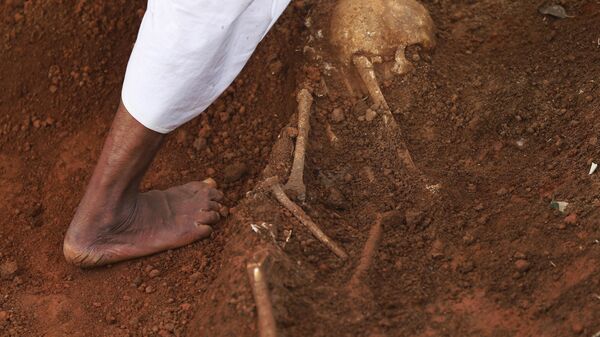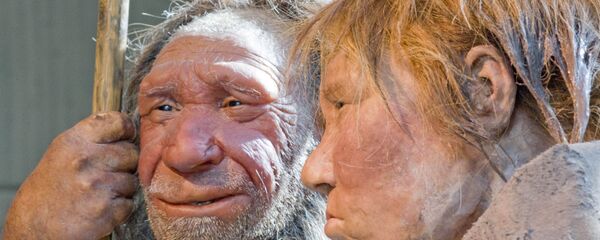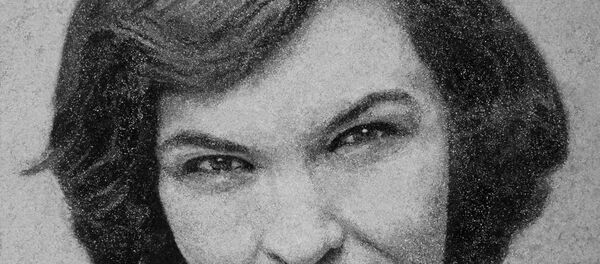The men were arrested after authorities in the state of West Bengal found more than 360 human bones in a village in the Burdwan district, Raw Story reports. The bones are believed to have been extracted from bodies of the dead found in nearby rivers, West Bengal Deputy Police Chief Ajay Sharma said, though AP reports police had also been tipped off to a smuggling ring taking bones from local graveyards.
Eighteen skeletons were recovered when the men were arrested, according to AP.
"The bones had been cleaned with hydrogen peroxide for sale locally to doctors and medical colleges," Sharma explained. He said they were being questioned to identify others involved in the trade.
India, once a major exporter of human skeletons, banned trading in human remains in 1985, after a bone trader was arrested after exporting 1,500 child skeletons and rumors tore through the country that children were being kidnapped for their valuable young bones.
Since 1985, the business has only gone underground, and West Bengal is known to be a hub for the black market bone trade.
There are now regular bone busts in India. In 2006, the head of a grave robbing ring was arrested, only to be freed shortly later and found the next year to be running a bone factory in West Bengal, Wired reported. The factory had apparently been in operation for 100 years. In 2007, authorities found a huge cache of thigh bones and skulls, which were apparently intended for Tibetan Buddhist monasteries, where they'd be used as instruments and drinking vessels, Reuters reported at the time.
In 2009, The National reported that a bone smuggler was caught with 67 human skulls and 10 bones on a bus in Bihar state, near West Bengal, when fellow passengers noticed a jagged bone sticking out of his luggage. The man had apparently been in the bone business for a decade.
The trade has been hard to stamp out because it is so lucrative: according to Wired, a human skull can fetch $70,000.




